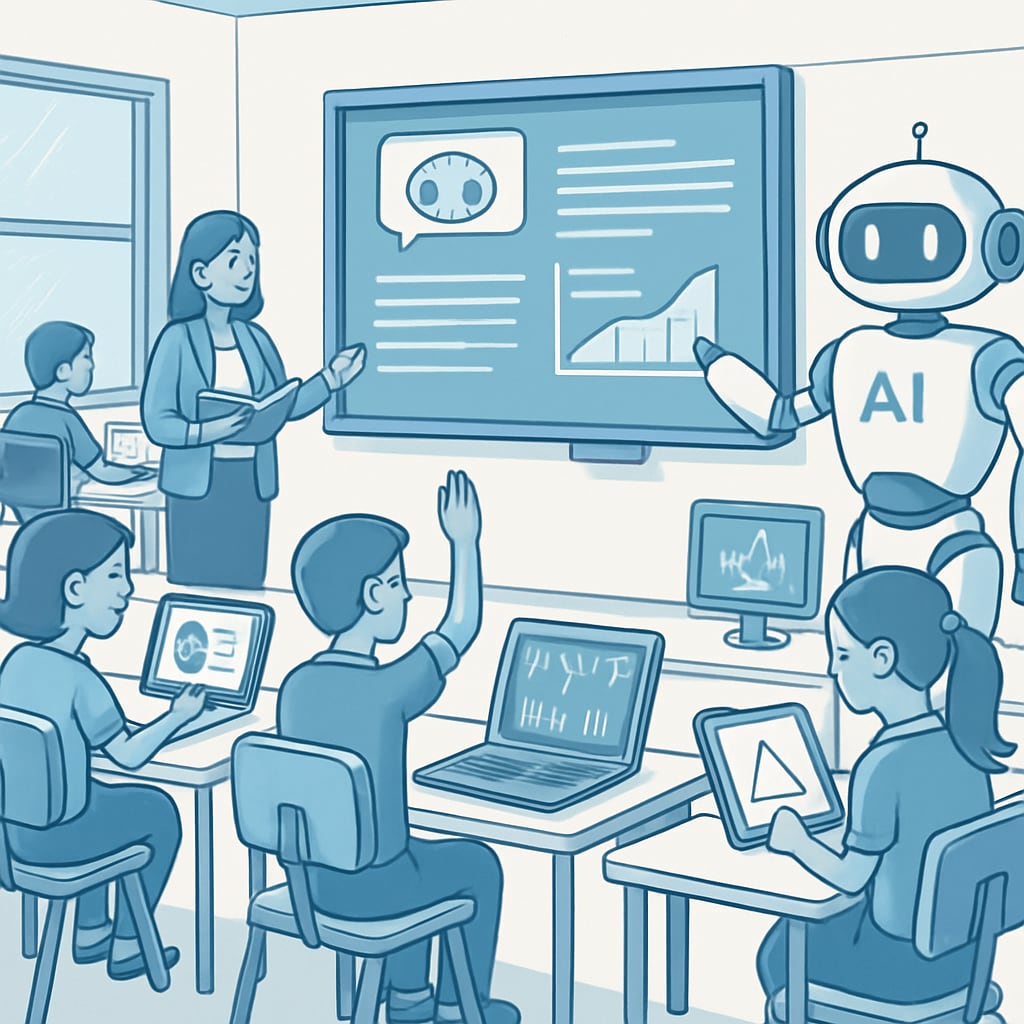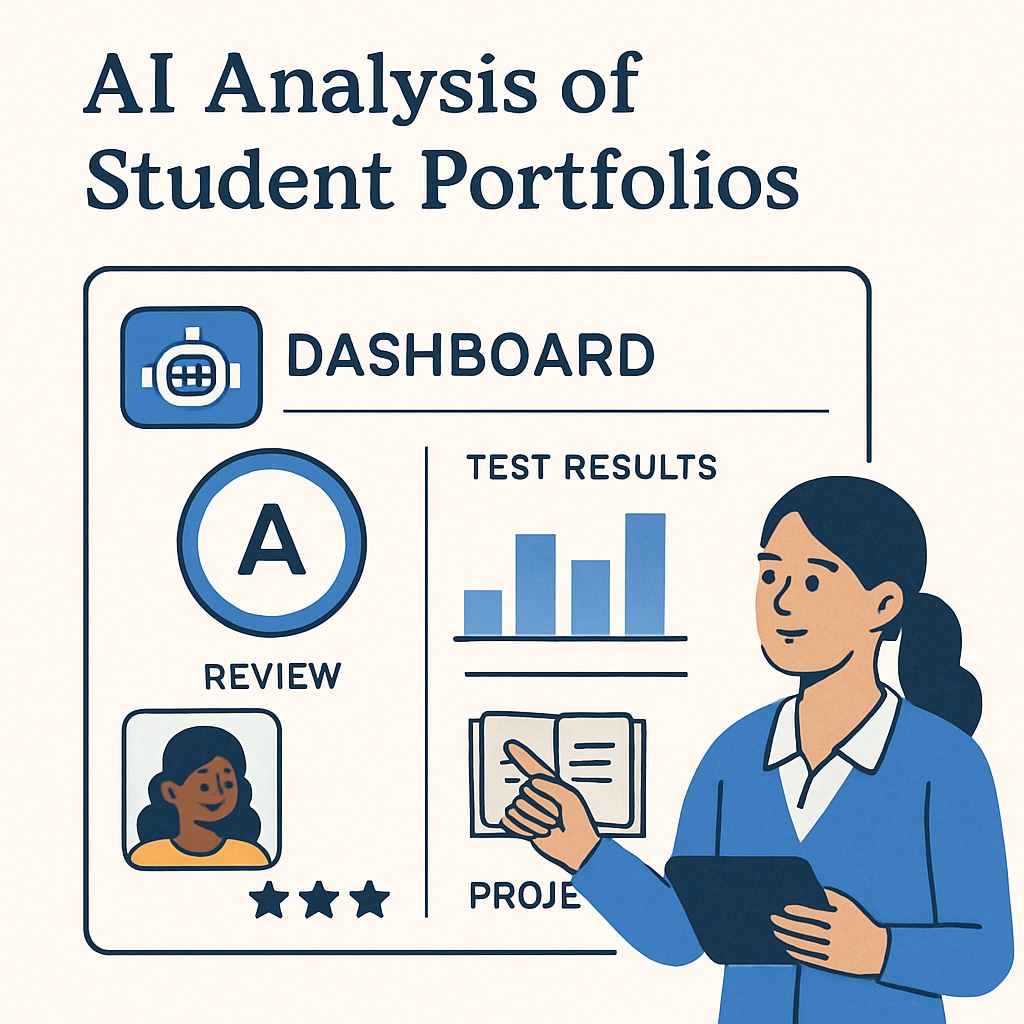The advent of artificial intelligence (AI) is revolutionizing the way societies evaluate and cultivate talent. Traditional competitive exams, long seen as the gold standard for talent selection, are increasingly showing their limitations in this new era. As AI reshapes industries and redefines the skills needed for success, education systems must adapt by embracing reforms that prioritize true talent discovery and growth. This article presents the challenges posed by outdated testing models and proposes innovative approaches to talent selection.

Limitations of Traditional Competitive Exams in the AI Era
Competitive exams have historically been designed to test a narrow range of abilities, often focusing on rote memorization and standardized problem-solving techniques. While these methods were effective for industrial-age jobs requiring uniform skills, they fail to account for the diverse talents and creative capacities required in the AI-driven economy. For example, problem-solving, adaptability, and emotional intelligence are often overlooked in traditional assessments.
Moreover, AI technologies such as machine learning and natural language processing are capable of automating tasks that competitive exams once prioritized. This raises questions about the relevance of these tests in identifying skills that cannot be easily replaced by machines. As a result, educators and policymakers must rethink how to evaluate students in ways that align with technological advancements and workforce demands.
Why Diversified Talent Selection Mechanisms Are Essential
To address the limitations of traditional competitive exams, diversified talent selection mechanisms must be implemented. These systems should focus on holistic evaluations that consider a broader range of abilities, including creativity, collaboration, and problem-solving. For instance:
- Project-Based Assessments: Students can demonstrate their ability to apply knowledge in real-world scenarios, showcasing creativity and critical thinking.
- Portfolio Reviews: Compiling work samples over time allows educators to evaluate consistency, growth, and specialization in a student’s chosen field.
- AI-Assisted Evaluations: AI tools can analyze behavioral patterns and learning progress, providing insights into each student’s strengths and areas for improvement.
These approaches not only align with the needs of the AI economy but also empower students to pursue their individual interests and talents without the constraints of standardized testing.

The Role of Governments and Education Systems
Creating equitable and effective talent selection mechanisms requires collaboration between governments, educational institutions, and technology providers. Governments must allocate resources to pilot innovative evaluation programs, while educators need training to implement new methodologies. Additionally, AI companies can contribute by developing tools tailored for educational purposes.
International examples highlight the potential of such collaborations. For example, Finland has adopted a student-centered learning model, emphasizing creativity and critical thinking over standardized tests (Finnish Education on Wikipedia). Similarly, Singapore has integrated AI into its education system to personalize learning experiences (Singapore Education on Britannica). These models provide valuable insights into how reforms can be successfully implemented on a global scale.
Unlocking True Potential in the AI Age
Ultimately, the goal of educational reform in the AI era is to unlock students’ true potential. By moving away from rigid competitive exams and embracing diversified evaluation systems, education systems can better prepare learners for the challenges of tomorrow. This shift is not only necessary for individual success but also for ensuring the economy remains innovative and competitive on a global stage.
As artificial intelligence continues to redefine industries, it’s time for education to follow suit. By prioritizing multifaceted talent selection mechanisms, society can empower students to thrive in an unpredictable future.
Readability guidance: This article uses concise paragraphs, active voice, and accessible language. Lists summarize key points, while transitional phrases ensure smooth flow between ideas.


